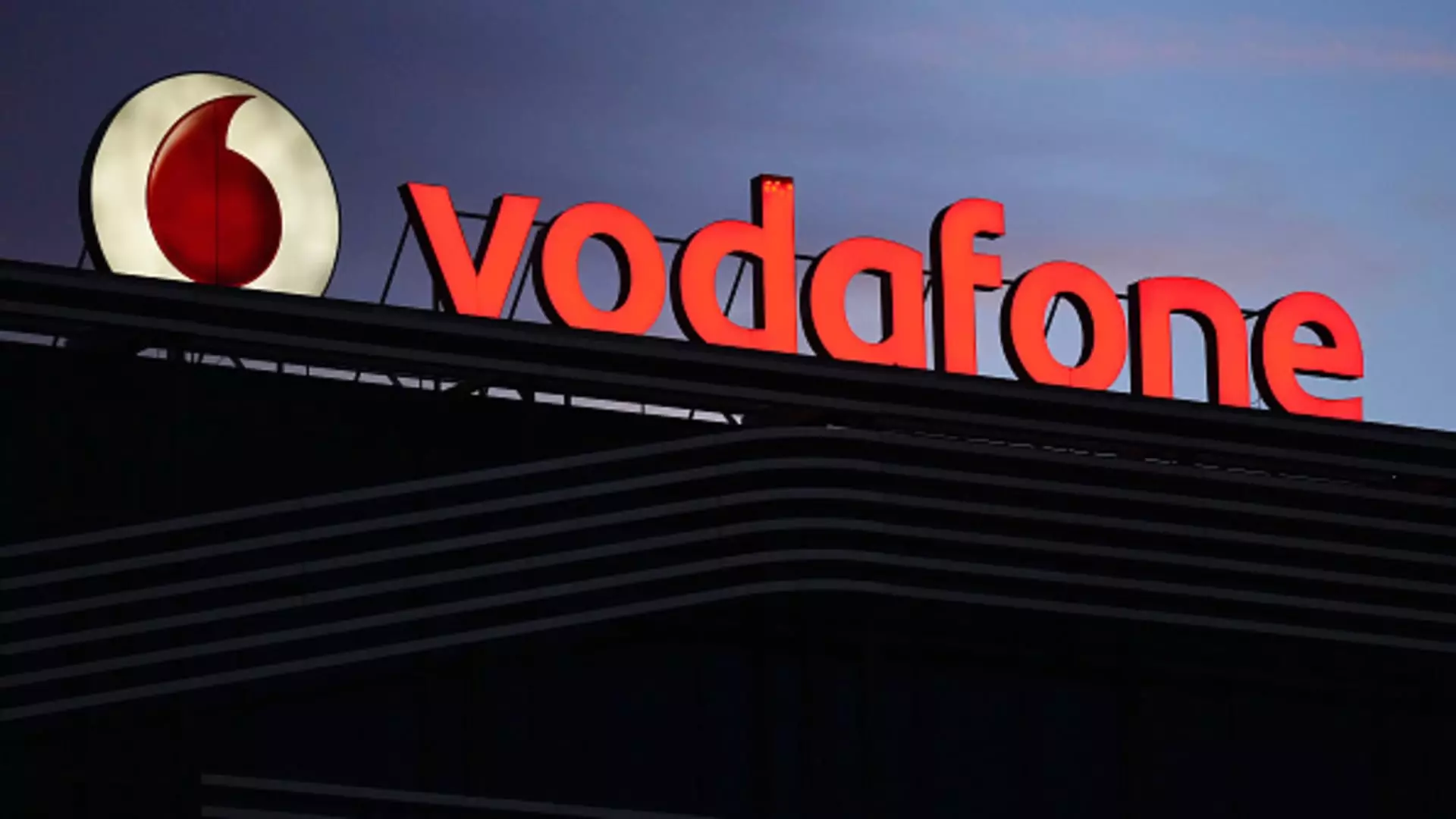The U.K.’s Competition and Markets Authority (CMA) has raised concerns regarding Vodafone’s proposed merger with rival CK Hutchison. The CMA stated that unless “meaningful solutions” are provided by the two mobile operators, the merger will undergo an in-depth probe. The CMA’s main worry is that the deal could potentially result in a substantial lessening of competition, leading to higher prices for consumers and creating a disadvantageous environment for mobile virtual network operators (MVNOs).
Vodafone and CK Hutchison’s merger would see the two brands’ U.K. businesses combined, with Vodafone holding a controlling 51% stake and CK Hutchison retaining a minority interest. This consolidation has raised alarms at the CMA, as it believes that the merger could reduce rivalry between mobile operators, ultimately leading to higher prices and diminished service quality for U.K. mobile customers. Both Vodafone and Three are prominent network providers in Britain, offering important alternatives for consumers. Three, particularly known for its cost-effective services, could face challenges if merged with Vodafone, potentially limiting options for consumers in the market.
The CMA also expressed concerns about the potential consequences the merger could have on MVNOs such as Sky Mobile, Lebara, and Lyca Mobile. These smaller operators rely on agreements with larger networks like Vodafone and Three to offer their services. The fear is that a merger between Vodafone and Three could make it harder for MVNOs to negotiate favorable deals for their customers, potentially limiting their competitiveness in the market. Notable MVNOs like Lebara Mobile and Superdrug Mobile utilize Vodafone and Three’s networks, respectively, further exacerbating the potential impact.
In response to the CMA’s concerns, Vodafone and CK Hutchison expressed confidence in the benefits that the merger would bring to competition, customers, and the U.K. market. They emphasized the need for increased scale to effectively compete with market leaders like EE and Virgin Media O2. Vodafone’s CEO Ahmed Essam highlighted the potential for the merged entity to challenge existing market giants and provide MVNOs with more options in the wholesale market. Similarly, Three U.K.’s CEO, Robert Finnegan, stressed that the current market structure is inhibiting progress and that the merger would propel the U.K. into the digital fast lane, benefiting customers from the outset.
It is evident that the proposed merger between Vodafone and CK Hutchison has sparked concerns within the U.K. mobile market, particularly regarding competition, consumer choice, and the future of MVNOs. While the two companies remain optimistic about the benefits of the merger, it is crucial for regulators like the CMA to carefully assess the potential impacts on consumers and market dynamics before greenlighting such a significant deal. As the mobile industry continues to evolve, maintaining a balance between competition and innovation is essential to ensure a vibrant and consumer-friendly market environment.


Leave a Reply